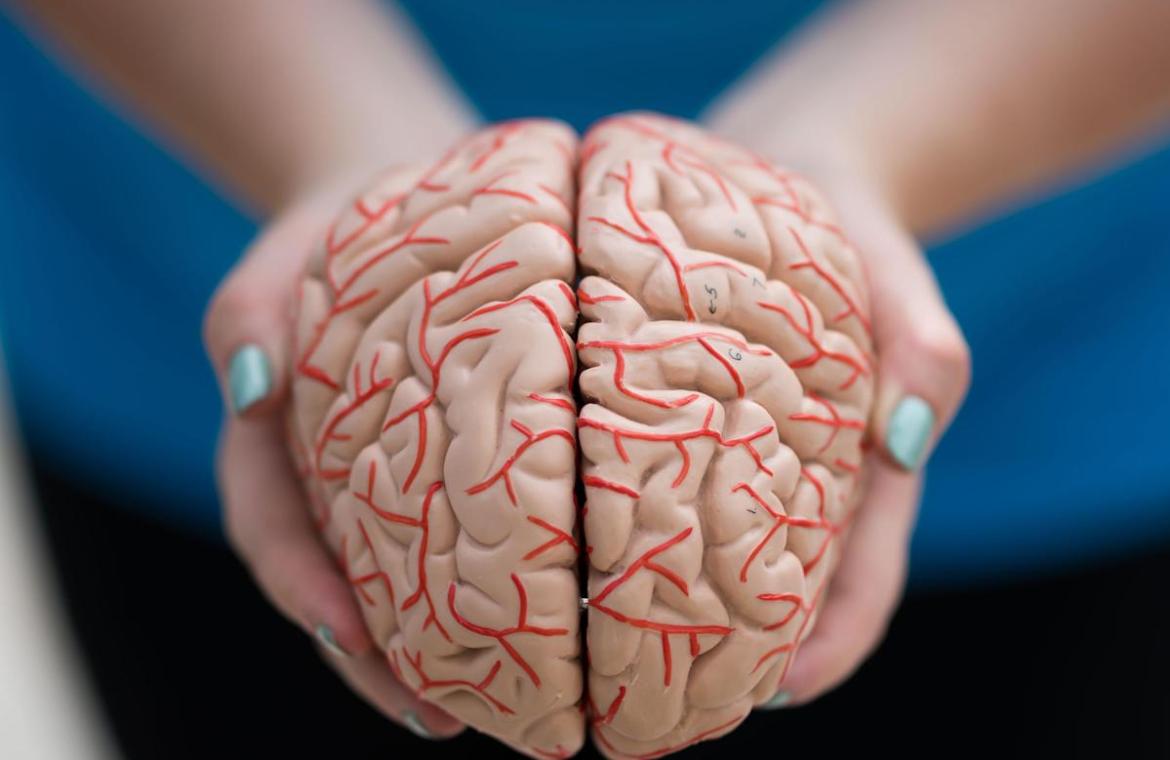An influencer claimed she was experiencing neurological symptoms because of the COVID-19 vaccine.
The vaccine just isn’t identified to trigger any neurological symptoms.
Neurologists have cautioned that comparable viral movies might gas vaccine hesitancy.
Visit Insider’s homepage for extra tales.
GoFundMe mentioned it’s investigating a fundraiser benefiting an influencer who claimed that she was experiencing a wide range of neurological symptoms because of receiving the first dose of the Pfizer-BioNTech COVID-19 vaccine.
Dominique De Silva has over 98,000 followers on Instagram, the place she posted about her work as an actual property agent and life in Las Vegas previous to shifting to North Carolina. She went viral on the platform after claiming in a July 17 put up that she was experiencing neurological symptoms because of the COVID-19 vaccine.
The Pfizer vaccine just lately acquired full approval from the Food and Drug Administration (FDA) for people 16 and over and is protected and efficient.
According to the National Institute of Neurological Disorders and Stroke, there isn’t any proof of a causal hyperlink between COVID-19 vaccines and neurological sickness.
Experts have cautioned that viral movies like De Silva’s could gas vaccine hesitancy, a serious disaster in the US.
A GoFundMe spokesperson advised Insider that the firm’s Trust & Safety group is investigating a fundraiser titled “Help Dominique recover from the Covid-19 vaccine” that lists De Silva as the beneficiary. To date, it has acquired over $18,400 in donations.
The spokesperson advised Insider that the firm has reached out for additional info and would course of refund requests from donors in accordance with GoFundMe’s customary refund coverage.
De Silva’s story went viral on social media
De Silva first claimed in a July 17 Instagram put up that she was experiencing neurological symptoms because of the COVID-19 vaccine. Her put up, which stays lively on Instagram, was labeled by Instagram with a discover stating: “COVID-19 vaccines go through many tests for safety and effectiveness and are then monitored closely.”
Story continues
In the time since that viral put up, she’s gained at the least 53,800 followers on Instagram, in accordance with knowledge from SocialBlade, a social-media analytics web site.
Instagram didn’t return Insider’s request for remark.
On social media and her weblog, De Silva has claimed that she’s experiencing symptoms together with dystonia, problem strolling, ache and weak point in her legs, vertigo, short-term reminiscence loss, bother forming sentences, and mind fog.
Her TikTook account has additionally amassed over 311,000 followers after she reiterated the declare in a since-deleted viral video. The circumstances of its elimination are unclear. TikTook didn’t reply to Insider’s request for remark.
In the time since her posts went viral, De Silva has been topic to scrutiny on-line, significantly on platforms like Reddit and TikTook. In a TikTook video posted on Saturday, De Silva confirmed a photograph of her purported vaccination card (with figuring out numbers censored) and mentioned that she had acquired feedback accusing her of faking her sickness.
She posted an Instagram Reel on Wednesday that contained partially redacted paperwork that appeared to indicate that she had acquired a dose of the Pfizer-BioNTech vaccine in addition to hospital payments and post-visit summaries that matched a few of the symptoms and diagnostic assessments that she had claimed in earlier posts.
De Silva didn’t reply to Insider’s request for remark.
Neurologists have examined the hyperlink between useful neurological dysfunction and vaccinations
Some of De Silva’s alleged well being issues match the symptoms of useful neurological dysfunction (FND), a situation wherein individuals expertise neurological symptoms in the absence of structural injury. De Silva has mentioned that she was identified with dystonia – involuntary muscle contractions – but has not claimed to have been identified with FND.
The precise explanation for FND is unknown, but any “abnormal physical and psychological experiences” can set off it, the Functional Neurological Disorder Society (FNDS) mentioned in a January press launch.
This can embrace anything from having blood drawn to spraining a wrist, the FNDS advised CTV News. It could additionally be triggered by vaccination, in accordance with Dr. Alfonso Fasano, a neurology professor at the University of Toronto and a employees neurologist at Toronto Western Hospital.
But it is not the vaccine itself that is the drawback. Instead, researchers imagine “factors such as expectations, beliefs, heightened bodily attention, arousal, and threat/emotional processing” might set off FND, in accordance with an April article revealed in JAMA Neurology.
“[FND] can theoretically happen with a trigger such as injecting saline, and these events do not mean the current vaccines are unsafe,” the article mentioned.
Fasano advised Insider that FND is “very common.” It manifests with a wide range of symptoms together with weak point or paralysis, irregular motion, tremors, lack of steadiness, episodes of unresponsiveness, and seizures, in accordance with the Mayo Clinic.
Doctors warning that these sorts of posts could gas vaccine hesitancyA medical assistant administers a COVID-19 vaccine dose to a woman at a clinic in Los Angeles on March 25, 2021. Mario Tama/Getty Images
Viral movies like De Silva’s that hyperlink neurological symptoms to COVID-19 vaccines have turn out to be a priority for neurologists who’re advocating for better readability and messaging on the connections between FND and vaccination.
According to a Gallup ballot launched in June, one in 4 Americans did not wish to obtain a COVID-19 vaccine, with misinformation and considerations over unwanted side effects contributing components. Vaccine hesitancy has contributed to the rise of the extra infectious Delta variant of the coronavirus, Insider beforehand reported.
The FNDS has cautioned in opposition to viral movies that urged neurological problems after COVID-19 vaccination, saying that they could result in a “misleading impression of neurological complications of the vaccines.” The JAMA Neurology article echoed that concern.
“I think people need to feel the responsibility of what they’re doing, especially people with a lot of followers,” Fasano mentioned.
Read extra tales from Insider’s Digital Culture desk.
Read the unique article on Insider








